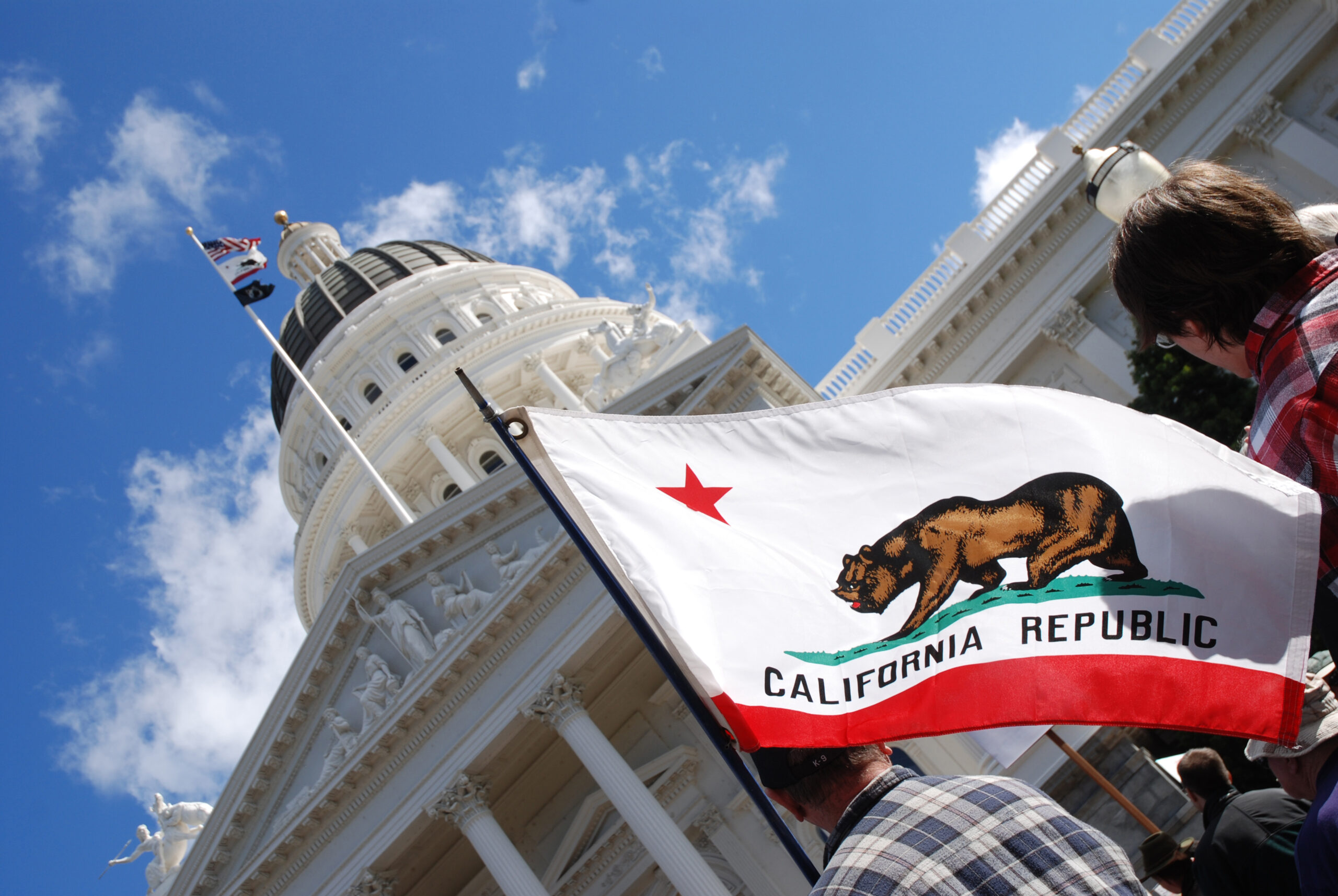Last week, California lawmakers passed legislation that will allow their staff to join a labor union. Gov. Gavin Newsom is expected to sign the bill into law.
“Legislative staff aren’t looking for special treatment—they are looking for the same dignity and respect afforded to all represented workers,” said Democratic Assemblymember Tina McKinnor, author of the California bill.
Yet there are unique concerns that come with the unionization of this particular group of employees compared to other private or publicly employed workers.
Public-sector union officials who collectively bargain with the government are negotiating with the very people they help elect. Unionizing legislative staffers takes that a step further—union officials are not only negotiating with the people they help elect, but those people they help elect then vote on the laws for the rest of the state.
“Unionizing staffers in legislative offices makes no sense because it creates more problems than it solves,” says Brigette Herbst, senior organizing director for AFFT and a former state legislative staffer. “How does unionization work with the long and unpredictable hours during a legislative session? How will elected officials handle untrustworthy staffers? Union organizers haven’t answered these important questions.”
Herbst also raised concerns about unions’ connection to lobbying. Legislative staff often meet with lobbyists (including union lobbyists) on behalf of the lawmakers they work for, and Herbst believes that could result in an unfair allocation of state resources.
She explained, “When one of the groups lobbying for money and power is closely connected to the interests of legislative staff, how will that impact what resources they’re able to get compared to other groups?”
Despite these concerns, lawmakers in several states have allowed their staff to form unions. In 2021, Oregon legislative staff became the first in the country to unionize followed by New York legislative staff in 2022, and the U.S. House of Representatives allowed their staff to unionize back in the spring of 2022.
Similar efforts are also underway in Washington, Massachusetts, and Illinois.
